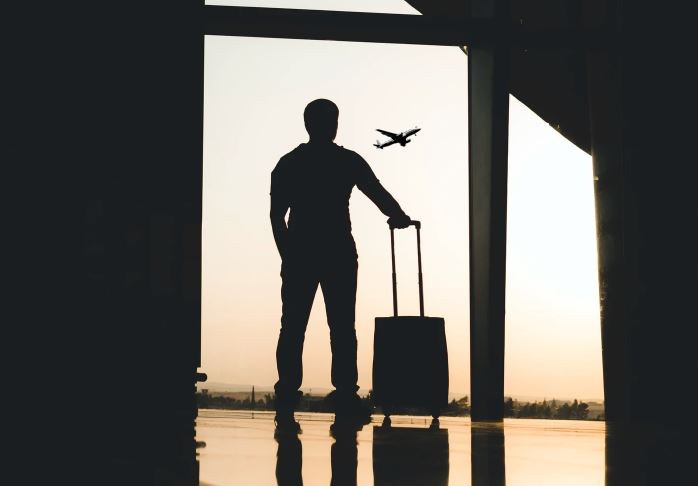Even though Belgium's coronavirus figures are steadily decreasing, people will need to have received both doses of a coronavirus vaccine to travel safely, according to virologist and interfederal Covid-19 spokesperson Steven Van Gucht.
With different countries possibly setting different rules to enter their territory, travelling within the EU will be "a complicated puzzle" in any case, but Van Gucht is clear about vaccination.
"From a purely virological point of view, you need two shots, also for travelling," he told Het Laatste Nieuws on Thursday. "One dose is only half a vaccination."
With two shots - except in the case of the single-dose Johnson & Johnson vaccine - there is more protection against variants such as the Indian and the British one, according to Van Gucht.
Currently, however, this condition would rule out roughly 75% of Belgium's adult population, as the most recent vaccination figures by the Sciensano national health institute indicate that just 24,6% of people over 18 years old (mainly over-65s) have been fully vaccinated so far.
On Wednesday, Belgium's Interministerial Conference on Public Health already issued advice to the authorities for Friday's Consultative Committee, stating that only fully vaccinated travellers should be allowed in the country.
Related News
- Belgium advised to only allow entry to fully vaccinated travellers
- Belgium's Covid travel app expected to be available from mid-June
- Don't expect new relaxations on Friday, says Corona Commissioner
While the rules have not officially been decided yet, people wanting to travel to a green or orange EU country will likely be able to return without any problems, providing that it has a similar infection and vaccination situation as Belgium.
For travellers returning from red zone countries, the situation will be different, however, as Belgium will "have to put all its efforts into strict quarantine, no exceptions," Van Gucht said. "It is the best guarantee for keeping a highly infectious variant out."
While lighter measures will only slow down the importation of variants, Van Gucht said that it will be difficult, as Belgium "has complex borders that we will never be able to close completely."
Having said that, however, he also underlined the current "faster than initially estimated" decline of all coronavirus figures in the country, which saw the number of Covid-19 patients in hospitals' intensive care unit drop below the threshold of 400 on Thursday.
For the planned relaxations of 9 June, which will see gyms and cinemas as well as the indoor areas of bars and restaurants reopen, Van Gucht expects few problems.
"It concerns professional people who run these businesses. They have been given protocols that they will follow meticulously," he said, adding that he is more worried about the relaxations in people's personal lives.
"Inviting too many people into the private sphere without social distance can result in a potential breeding ground," Van Gucht said.
"Inviting 50 people into your garden now is too early," he added, referring to the much-discussed topic of garden parties that Flemish Minister-President Jan Jambon brought to the forefront by first stating it would only be possible with professional catering, and later going back on that statement.
According to Van Gucht, it would be better to wait a little longer with relaxing measures like that for people's home life. "We should not despair, however. It will be possible, but only in a few weeks."

